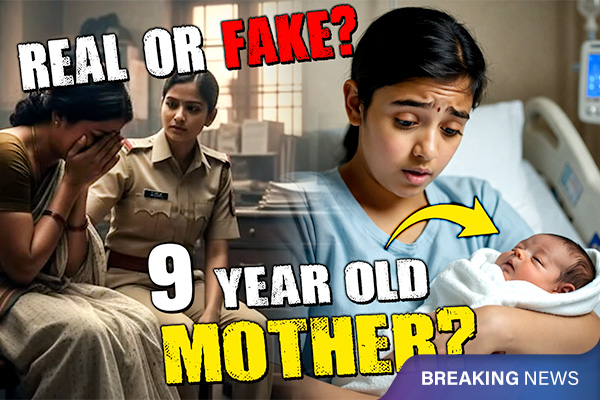Tamil Nadu Bans Sale of Cotton Candy
Tamil Nadu bans cotton candy sales over cancer concerns, vows to raise public awareness and cracks down on unhygienic food practices.
In a startling development, the state of Tamil Nadu has decided to ban the sale of cotton candy due to health hazards associated with its consumption. This move comes after food safety officials confirmed the presence of Rhodamine-B, a cancer-causing chemical commonly used in the textile industry, in samples of cotton candy. Earlier this month, similar concerns led to the ban of cotton candy in the Union Territory of Puducherry. Governor Tamilisai Soundararajan revealed that the tainted cotton candy found in Puducherry originated from Chennai. Prompted by these findings, Tamil Nadu's Health Minister, Ma Subramanian, took action. On February 8th, he directed food safety officials to conduct tests on samples of cotton candy. Subsequent analysis revealed the presence of Rhodamine-B in pink cotton candy, while blue cotton candy contained Rhodamine-B along with another unidentified chemical. Food analysts classified both samples as "substandard and unsafe."
Minister Ma Subramanian emphasized the importance of raising awareness about the risks associated with consuming colored cotton candy. He stated, "The ban will create awareness among those who manufacture the candy, among vendors and customers. We want to make sure people know that colored candy may taste delicious but contains harmful chemicals that cause health hazards." Furthermore, Subramanian announced strict measures under the Food Safety and Standards Act, 2006, to deter the use of Rhodamine-B as a food additive. The act will penalize individuals involved in the manufacturing, packaging, import, sale, or serving of food containing Rhodamine-B. In addition to the cotton candy ban, food safety officers have been instructed to monitor all food products with added colors across Tamil Nadu. Health Secretary Gagandeep Singh Bedi assured the public of the government's commitment to food safety, highlighting recent inspections targeting eateries.
Elsewhere, North Goa's Mapusa Municipal Council has also taken action against unhygienic food practices. The sale of gobi manchurian at roadside stalls during the Bodgeshwar temple fair in Mapusa has been banned due to health concerns. Vendors were found to be using synthetic colors, Ajinomoto, and poor-quality sauces containing harmful ingredients like reetha (Indian soapberry). These measures underscore the government's dedication to safeguarding public health by ensuring the safety and hygiene of food products available to consumers.







